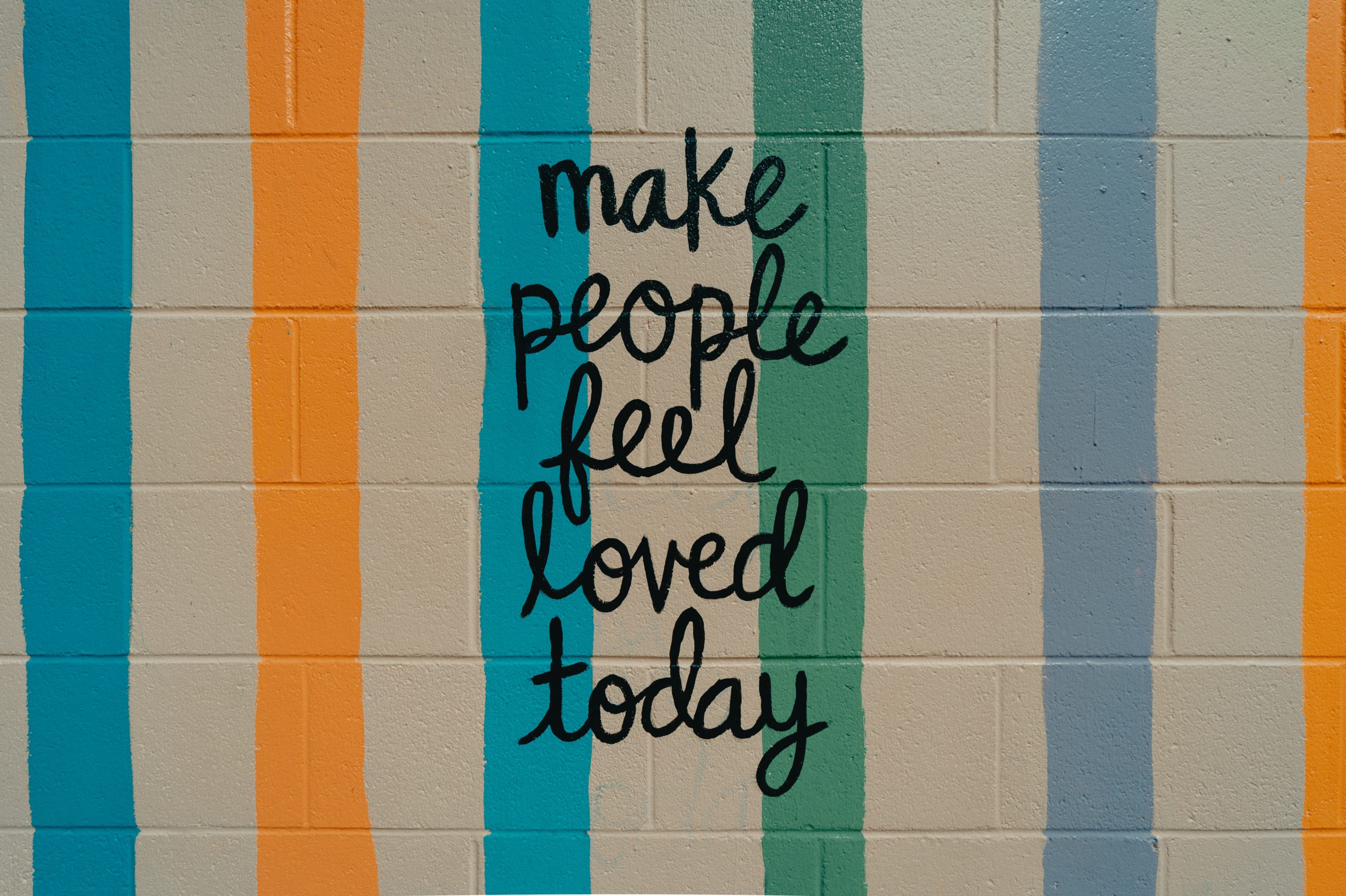The phrase “social distancing” has saturated media sources since the onset of the COVID-19 pandemic. Social distancing advice has urged us to stay home as much as possible, avoid gatherings with others and refrain from close contact even on the street to avoid spreading the virus.
The challenge is, we are wired for human connection. Social connection can counter the damaging biological effects of stress and anxiety — both of which are often intensified during times of crisis. Studies on social isolation and loneliness suggest that following social distancing advice for prolonged periods can, for many individuals, increase the risk of physical and emotional harm from inadequate social contact.
So, how can we enrich social connection while still practicing physical distancing? The following practices may help:
-
Help someone else. The experience of helping another person can help fulfill our need for connection and can reaffirm that we make meaningful contributions to the world. Reach out to neighbours or community members and see how you might be able to help, even in a small way, so long as it meets physical distancing requirements. Examples include shoveling a neighbour’s driveway, picking up groceries for a neighbour in need and leaving them on the doorstep or making a fun video for a friend’s children to give them a surprise during their day.
-
Pick up the phone, call someone and ask how they’re doing. Hearing a person’s voice is critically important to feeling socially connected. Try not to rely on text and email alone.
-
Plan remote get-togethers. Set up a coffee date over video chat. Stream a movie or show together using Netflix party. Host a virtual dinner party. Play a game together through an app or online platform, such as Words with Friends 2.
-
Stay connected as a family. If you live with family, find new ways to enjoy family time. You might try an Iron Chef competition, reading books aloud together, watching a movie you’ve always planned on seeing (or an old favourite) or planning activities you’ll do once the crisis is over.
-
Connect with a therapist. If you are struggling with loneliness or other strong emotions like overwhelming nervousness, lingering sadness, distress or hopelessness, it is important to connect with a professional. Mental health professionals are trained to help people find constructive ways of dealing with anxiety and emotional stress.
To respect physical distancing guidelines, many therapists have temporarily transitioned to teletherapy (i.e., therapy provided via a virtual platform). Teletherapy is a safe and effective substitute for in-person therapy. Living Well Counselling is committed to providing support to clients during these challenging times and uses platforms that comply with the Protected Health Information (PHI) and Health Insurance Portability and Accountability Act (HIPAA) as well as other major psychological associations’ data security guidelines for best practice. If you are unsure about online counselling, we understand. Living Well Counsellors and Psychologists offer a free consulation to all new clients.
Now, more than ever, it is critically important to engage in soul-restoring human connections. Staying socially connected will keep us healthier, happier and more socially responsible as we continue to navigate this crisis together. If you need support, we’re here to help.


